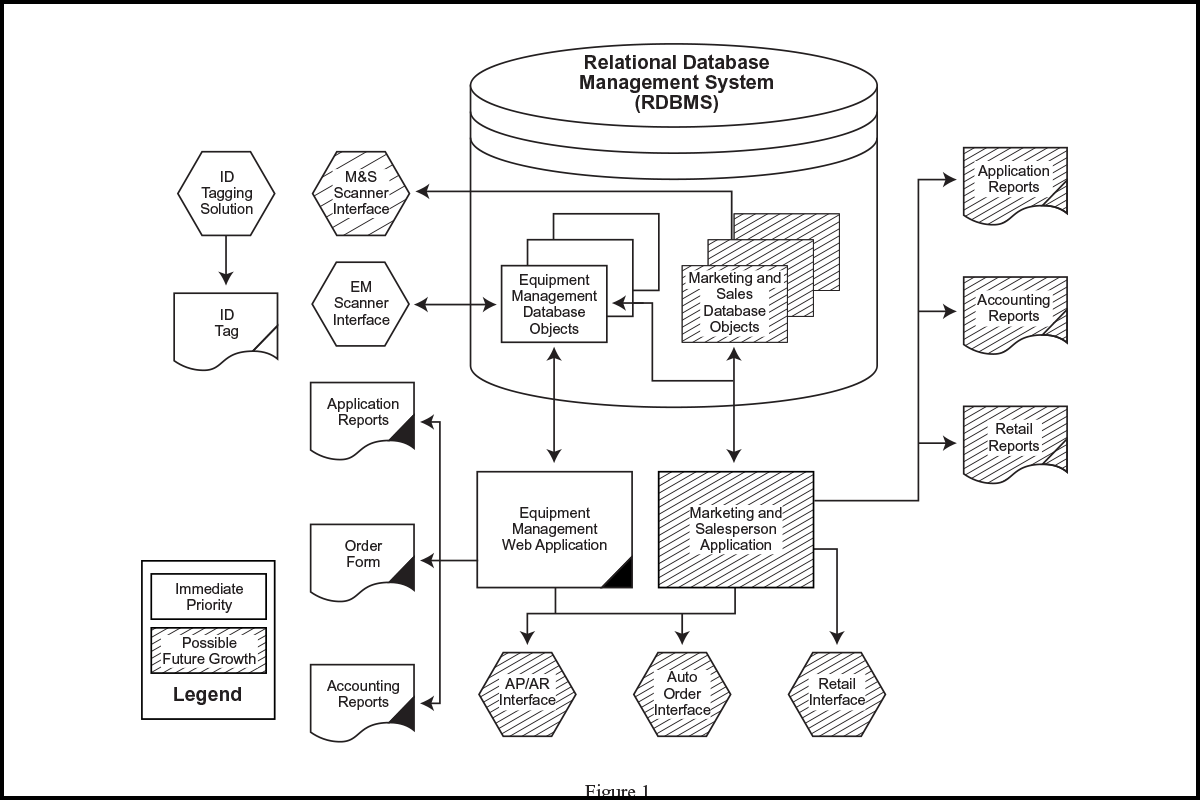

Īlthough there is no universal definition of AI, it can be regarded as “a discipline of computer science that is aimed at developing machines and systems that can carry out tasks considered to require human intelligence”. The concept of AI was first introduced as an academic discipline in 1956, subsequently suffering ups and downs until the current boom, caused by the growth in computing power, connectivity, and the greater availability of data.


Nevertheless, AI technology is nothing new. KeywordsĪrtificial Intelligence (AI) is transforming the world while “becoming one of the most strategic technologies of the 21st century ”. Finally, it analyses the most used open-source licenses in AI projects and highlights existing and future challenges from an IP and contractual law perspective. Moreover, this article integrates the debate on the protectability of AI features by IP rights to assess the potential implications for open-source. More precisely, it assesses how IP rights are articulated around “openness” as a competitive factor in ecosystem competition, and how some players are using open-source licensing successfully to attract a critical mass of users and build an ecosystem around their AI platforms. This article explores the commercial and policy strategic reasons behind the growing adoption of open-source licensing in the AI space. While the number of AI-related patent applications is increasing, the number of open-source AI projects sponsored by major AI patent holders is also on the rise. Consequently, tech companies are adopting intellectual property strategies to protect their investment in the field, which encompasses copyright, patents, and trade secrets. Artificial Intelligence (AI) is one of the most strategic technologies of our century.


 0 kommentar(er)
0 kommentar(er)
